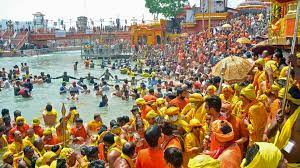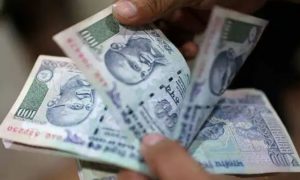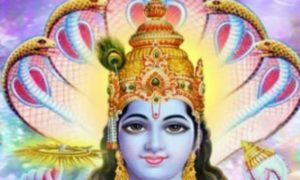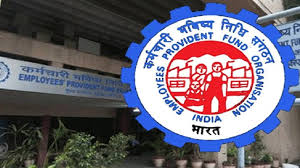DEVSHAYANI EKADASHI 2022: The 11th day of Shukla paksha of the Hindu month Ashadha is observed as Devshayani Ekadashi. It is also known as Maha Ekadashi, Prathama Ekadashi and Padma Ekadashi. The day is quite auspicious for Vaishnava’s, the devotees of Lord Vishnu. According to Hindu scriptures, Lord Vishnu goes to sleep for four months on this day.
The day also marks the beginning of Chaturmas, a holy period of four months in the Hindu calendar that concludes on Prabodhini Ekadashi. Devshayani Ekadashi comes just after the famous Jagannath Rathyatra and usually falls in the month of June or July of the English calendar.
Shayani Ekadashi 2022: Tithi and time
This year, the Devshayani Ekadashi is being celebrated today on Sunday, July 10. The Devshayani Ekadashi Tithi began on Saturday, July 9 at 4.39 pm and will continue till Sunday, July 10, at 2.13 pm.
The Devshayani Ekadashi Hari Vasara end moment will be observed on July 10, 7.29 pm, while the Devshayani Ekadashi Parana time is on Monday, July 11, from 5.31 am to 8.17 am.
Chaturmas start and end date
The four-month Chaturmas also begins today on July 20 and ends on the day of Devuthani, or Prabodhani Ekadashi which falls on November 4.
Shayani Ekadashi 2022: Rituals
On Shayani Ekadashi, devotees observe a fast and avoid consuming grains, beans, cereals, certain vegetables like onions, and some spices. On this day, taking a holy bath is considered auspicious. Lord Vishnu’s idol is adorned in bright yellow clothing and worshipped by offering flowers, betel, betel nut, and bhog.
The puja is concluded by taking prasad. Devotees also stay awake all night on Ashadhi Ekadashi and sing bhajans.
Shayani Ekadashi 2022: Significance
Shayani Ekadashi, often known as the first Ekadashi, is one of the most important days for Hindu communities. It is widely believed that those observing the Ekadashi vrat with utmost devotion, are blessed with a happy, successful, and tranquil life.
The legend and importance of Devshayani Ekadashi were narrated by Lord Brahma to his son Narad and Lord Krishna to King Yudhisthira, the eldest of the Pandavas, in the ‘Bhavishyottara Purana.’





































